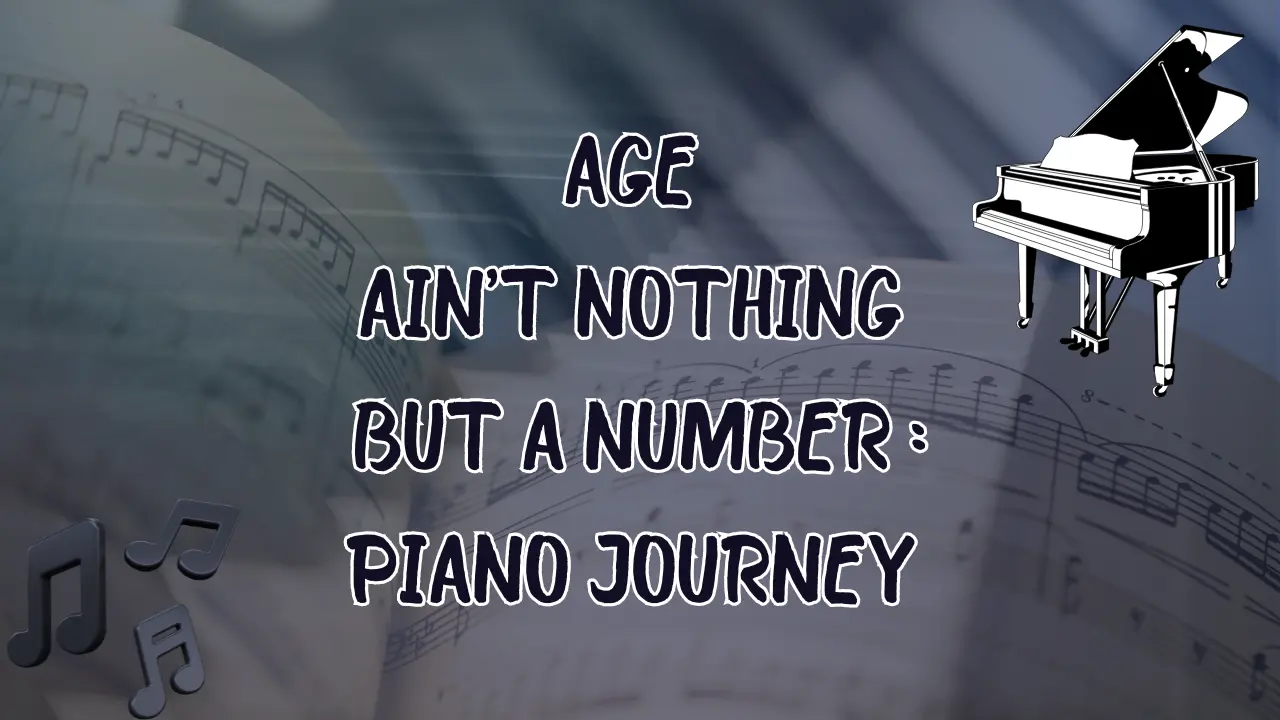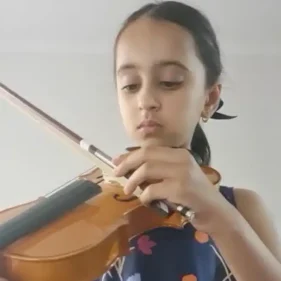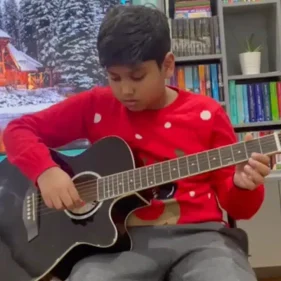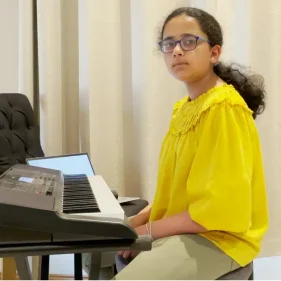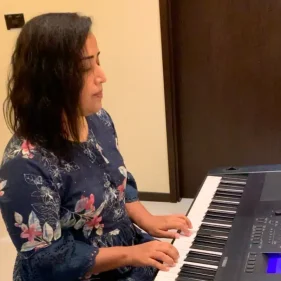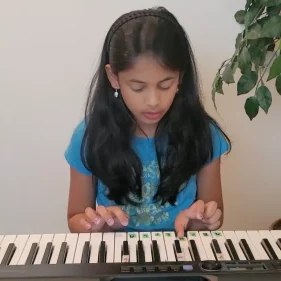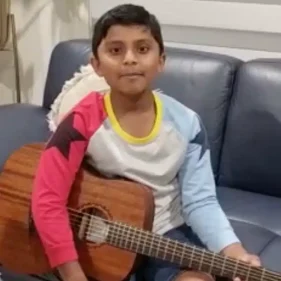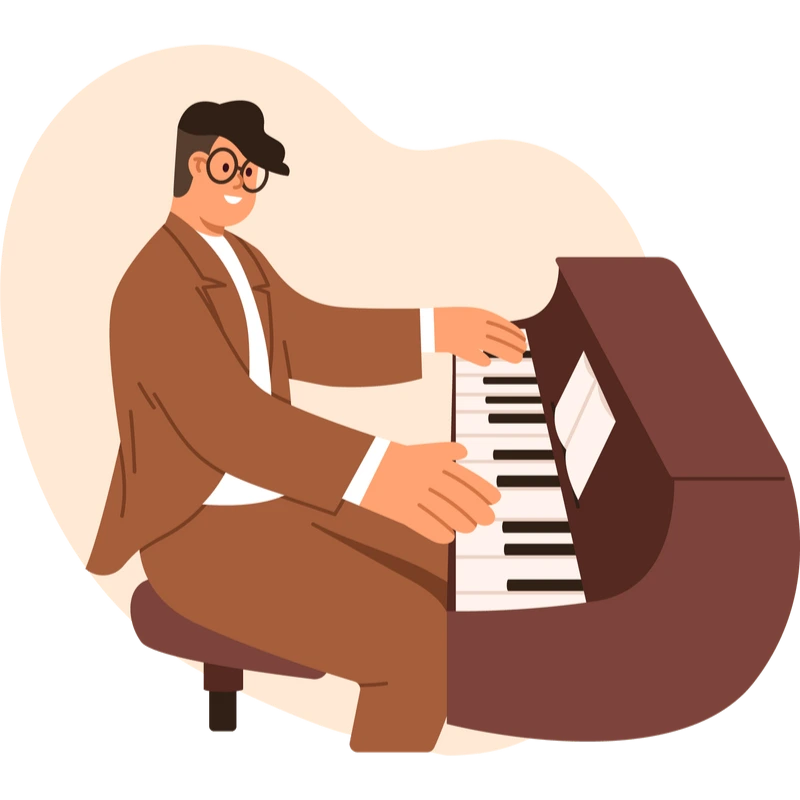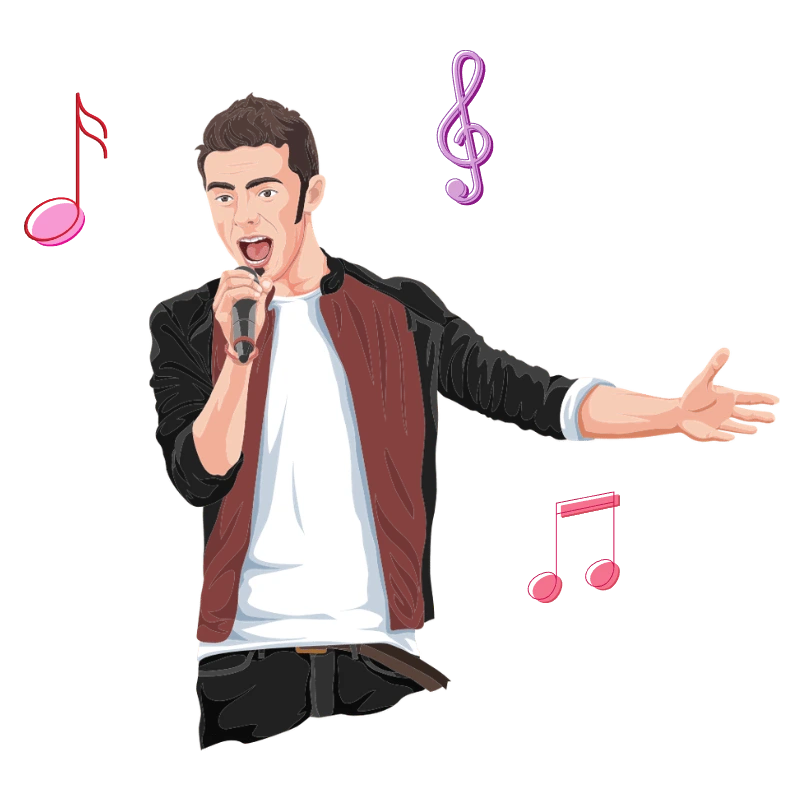Welcome, fellow music enthusiasts! Wondering about when the ideal time is to begin learning the piano for you or a loved one? Wondering whether you can join the Google Search bandwagon of “Learn Piano for beginners”? Well, you’ve stumbled upon just the right blog! Although there exists no one-size-fits-all response, understanding the role of age in learning piano sets the stage for musical victory. In this read, we have laid down an answer to your questions behind the ideal age to kickstart the piano journey along with the neuroscience behind it!

Colour is the keyboard, the eyes are the harmonies, and the soul is the piano with many strings. The artist is the hand that plays, touching one key or another, to cause vibrations in the soul.”- Wassily Kandinsky.
The optimal age to learn piano for beginners can vary based on factors such as a child’s developmental stage, eagerness to learn and an ear to enjoy music. There are however a few general trends and suggestions based on research:
Tiny tots – Early Childhood (ages 4-6)
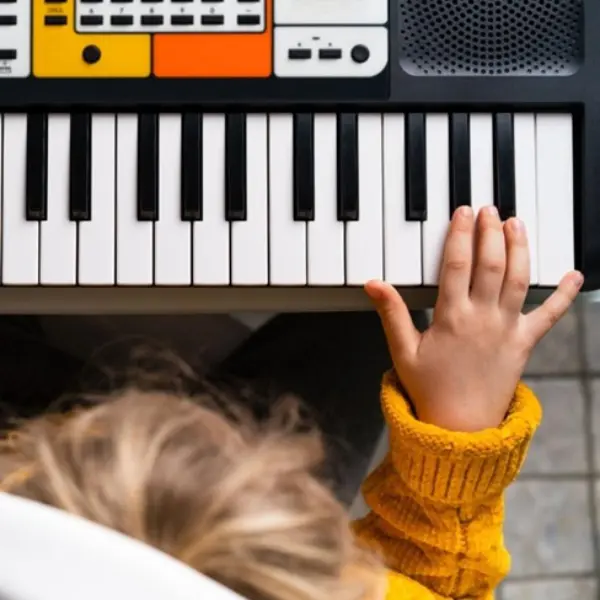
Early childhood serves as a prime time to begin nurturing a love for music. At the age of 4 to 6, a child’s brain is highly adaptable, making it easier for them to quickly grasp new skills, including music. Many music experts and researchers recommend beginning piano learning during this age since it demonstrated superior musical proficiency in their piano journey. According to research, the early childhood brain exhibits heightened neural connectivity. Through the early exposure to music, there is a significant impact on various functions, from fine motor skills to cognitive development. Famous pianists, Mozart and Beethoven began learning and playing the piano at the age of 4 and 5 respectively.
Pre-Teen Tune Stage – Pre Adolescence (ages 7-9) and Teenage Tempo – Adolescence
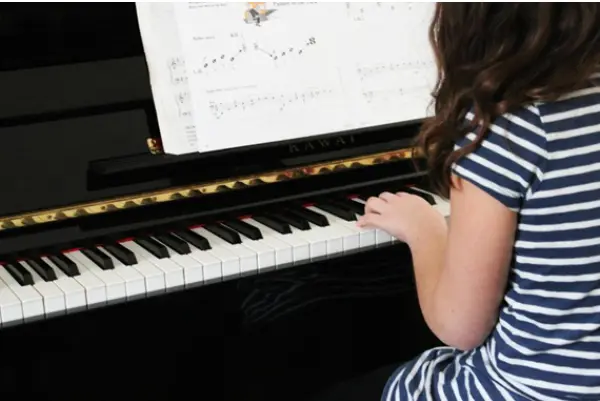
By this age, children have better developed motor skills and attention and concentration spans, both of which are keys to playing the piano effectively. Beginning lessons at this age allows for a stronger foundation of music concepts, mainly music theory and technique.
A time of adventure, independence with a zeal for pushing boundaries , teens bring their unique style to the piano. Be it mastering classical pieces or jamming to contemporary hits, the teen is all about channeling inner emotions through musical exploration.
Sonic Sophisticates – Adulthood and beyond
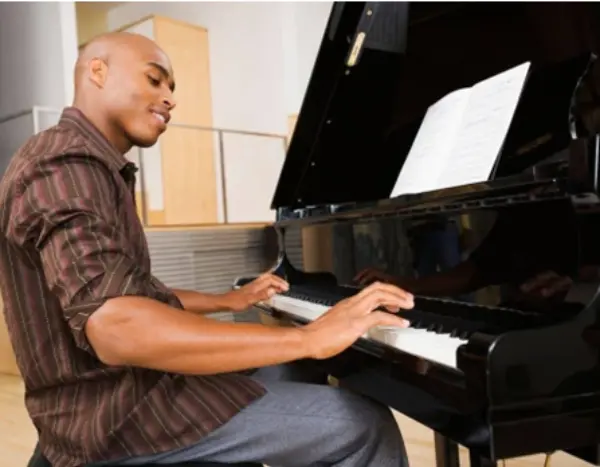
Progress as old beginners may start off slow but can achieve proficiency with dedication and practice. Beginning piano lessons later in life might stem from different priorities and motivations such as personal enrichment, stress relief or accomplishing a long-held passion. Although the range of neuroplasticity may reduce with age, studies have underscored amazing cognitive benefits of music training in adults, spanning from improved memory, emotional regulation and auditory processing. British concert pianist, James Rhodes, began learning the piano in his late teens building a recognition for his passionate performances and endeavor to keep classical music alive and extend it to wider audiences.
A Few Pointers for Beginners
Beginning your piano lessons can be exciting and nerve wracking at the same time. We have given a list of things to keep in mind as you begin your musical journey:
1. Finding the right teacher: A competent teacher can make or break your learning experience. Learn from someone who along with being skilled is also patient, supportive and has a knack for tailoring lessons to your individual learning style and goals.
2. Fundamentals: Focus on building a strong foundation by learning technique, posture and music theory since these are the stepping stones for advanced repertoire.
3. Patience and Persistence: Understand that progress is gradual and can be challenging along the way. Stay committed to your practice routine, celebrate small victories and trust in your ability to improve over time.
4. Keeping an open mind: While you may have preferences for specific genres of music, it is important to stay open to exploring different sounds and styles to enrich your playing.
5. Practice consistently and mindfully: Aim for regular practice sessions, ideally for at least 4 days a week with 30 minute long sessions. Work on breaking up the 30 minutes to practice different concepts. Consistency will help to build muscle memory and reinforce new skills.
6. Comfortable seating and posture: Your seating arrangement at the piano should be comfortable and ergonomic, ideally height-adjustable for accommodating growing children or even friends and family. Focus on maintaining correct finger and hand posture to prevent strain or injury.
Few Songs For Beginners
For beginners learning the piano, it’s good to start with simple pieces that help develop fundamental skills such as rhythm, reading notation and hand eye coordination. Keep this list handy for selecting your first piano piece:
1. Ode to Joy – The main theme of this song is simple to play and is widely recognized. It’s great for practicing playing hands together.
2. Happy Birthday – Learning “Happy Birthday” is great for practicing melodies and simple chord accompaniment.
3. Fur Elise – The opening section is quite approachable for beginners. This piece is great for introducing the concept of phrasing and dynamics to your repertoire.
4. Twinkle, Twinkle, Little Star – The familiarity of the song makes this a great starting point for beginners for practicing hand coordination and rhythm.
In the grand scheme of things, age is but a mere number in the journey of musical exploration. Regardless of age, one universal truth prevails: passion fuels progress. Nurturing a love for music is the cornerstone of your piano journey. Whether you’re a curious child, a rebellious teen, or a seasoned adult, the piano beckons with promises of endless enchantment and sonic splendor. So, seize the moment, embrace the rhythm, and let the music carry you on a whimsical journey through the keys of life. After all, when it comes to piano-playing adventures, the best age to start is always now!

Did You Know?
Elisha Gray Invented the First Electric Keyboard in 1874
Get inspired and enjoy the following performances of pianists of different age groups!
Elisey Mysin, age 6 years.
Tiffany Poon, age 13 years
Lang Lang, age 35 years
Martha Argerich, age 80 years
The next step to learn piano for beginners is to start playing different scales on a Piano and here is a guide to play the “E major Scale”
FAQs
What would be the cost to learn Piano?
Typically a session is charged at 1000-2000 rupees. You can check out MUSIC MASTER for more information about classes.
What is needed to start learning Piano?
A piano and a good Piano teacher are the factors needed to start learning Piano
Can you let me know about free piano classes online?
MUSIC MASTER offers a demo class that is free of cost, post which you can decide if you want to continue with the classes at a cost.
How can one effectively practice Piano?
With the help of a perfect trainer you can master the art of being a Pianist in a breeze. MUSIC MASTER is proud to have a handful of Musicians, all Grades-Trained, teaching through our platform.
What are the few songs that a beginner Pianist can try practicing?
Ode to Joy, Happy Birthday, Fur Elise are a few songs that a pianist can start with when it comes to learning the Piano.


